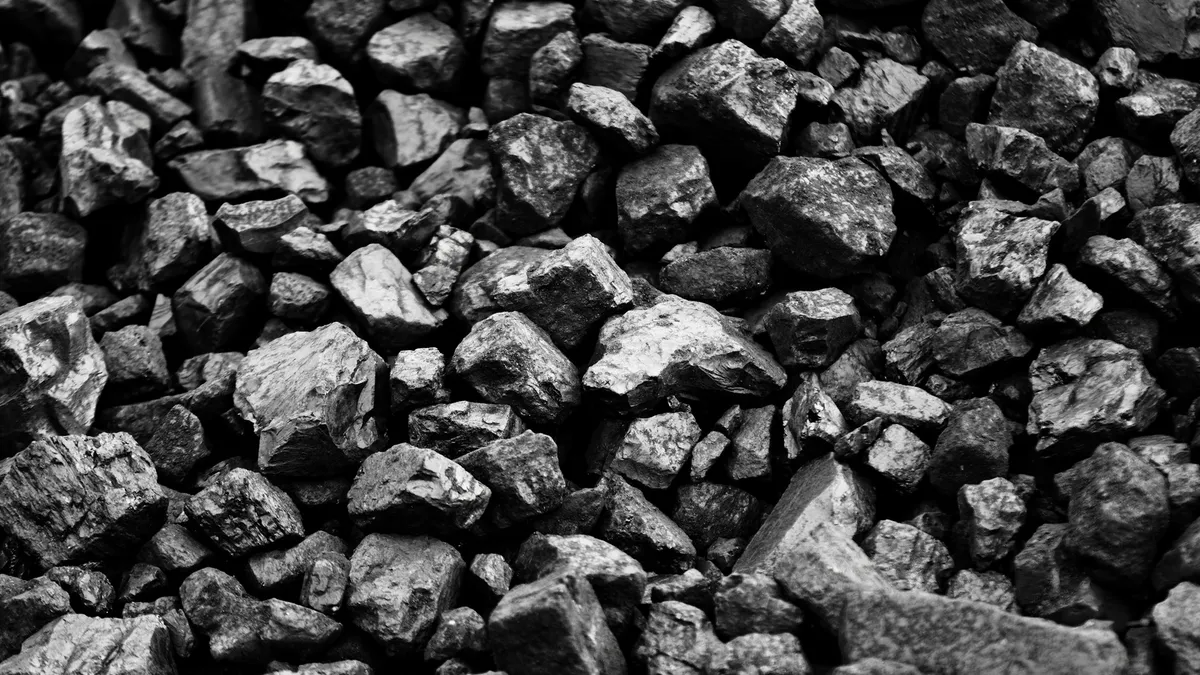Dive Brief:
- A bipartisan bill to boost the troubled carbon capture and storage industry already has the support of more than two dozen U.S. senators.
- Introduced Wednesday, the Carbon Capture and Utilization Act of 2016 would extend and increase tax credits for power generators and industrial facilities that capture and sequester their carbon, as well as for carbon utilization — the conversion of carbon dioxide into useable products and fuels.
- The bill would provide a $50 tax credit for every metric ton of carbon stored underground and $35 per ton for carbon utilized for purposes such as enhanced oil recovery. Currently, credits of $20 and $10 per ton are offered for capture and utilization, respectively.
Dive Insight:
The failure of Southern Co.'s Kemper "clean coal" plant hasn't dampened positive sentiment toward carbon capture on Capitol Hill.
Introduced by Sens. Heidi Heitkamp (D-ND), Shelley Moore Capito (R-WV), Sheldon Whitehouse (D-RI), and John Barrasso (R-WY), the new Carbon Capture and Utilization Act now has the backing of 25 senators, the coal industry, and some prominent environmental groups like the Natural Resources Defense Council.
“When utilities, coal companies, and environmental groups come together to support your bill, you know you’re onto something that could work,” Heitkamp said in a statement.
But broad support is no guarantee of passage through the Congressional gauntlet. The new bill is modeled on legislation that failed to pass last year, despite a bipartisan coalition of 19 co-sponsors, including Majority Leader Mitch McConnell (R-KY).
The bill would extend and increase the 45Q tax credit, which covers carbon capture, "to provide certainty to utilities and other industrial sources," according to Heitkamp's office. It would extend the "commence construction” window for projects from five to seven years and increase the time available to claim the credits from 10 to 12 years.
Heitkamp and Capito told the Washington Post that the best chance to pass the provisions will likely come through incorporating the bill into a larger tax reform package targeted by the Trump administration. But that initiative has taken a backseat to healthcare negotiations in recent weeks, and Senate leaders this week cut their August recess two weeks short to continue the talks.
Two similar carbon capture bills have been introduced in the House, Morning Consult notes, from Rep. David McKinley (R-WV) and Rep. Carlos Curbelo (R-FL).
The new legislative push comes on the heels of the high-profile failure of Southern Co.'s Kemper gasification plant, considered a test case for "clean coal" technology. Just last week, Mississippi regulators directed the plant to run solely on natural gas after Southern suspended work on the plant's gasification units.
But the technical problems that scuttled the Kemper project never involved the carbon capture and sequestration portions of the plant. Rather, it was the novel and complicated process of turning coal into a cleaner-burning gas that Southern could not get to function consistently, leading to massive cost overruns and delays.
That's provided a silver lining for "clean coal" proponents, who point out that carbon capture technology is already in operation at the Boundary Dam project in Saskatchewan and the Petra Nova plant in Texas.
Tax credits could help make projects like those more attractive to companies. However, analysts told Utility Dive in the wake of the Kemper debacle that new projects are unlikely unless the U.S. takes strong action to combat climate change.
“If you can put carbon in the atmosphere for free, why snap [CCS] on?” said Howard Herzog, senior research engineer at the MIT Energy Initiative.














